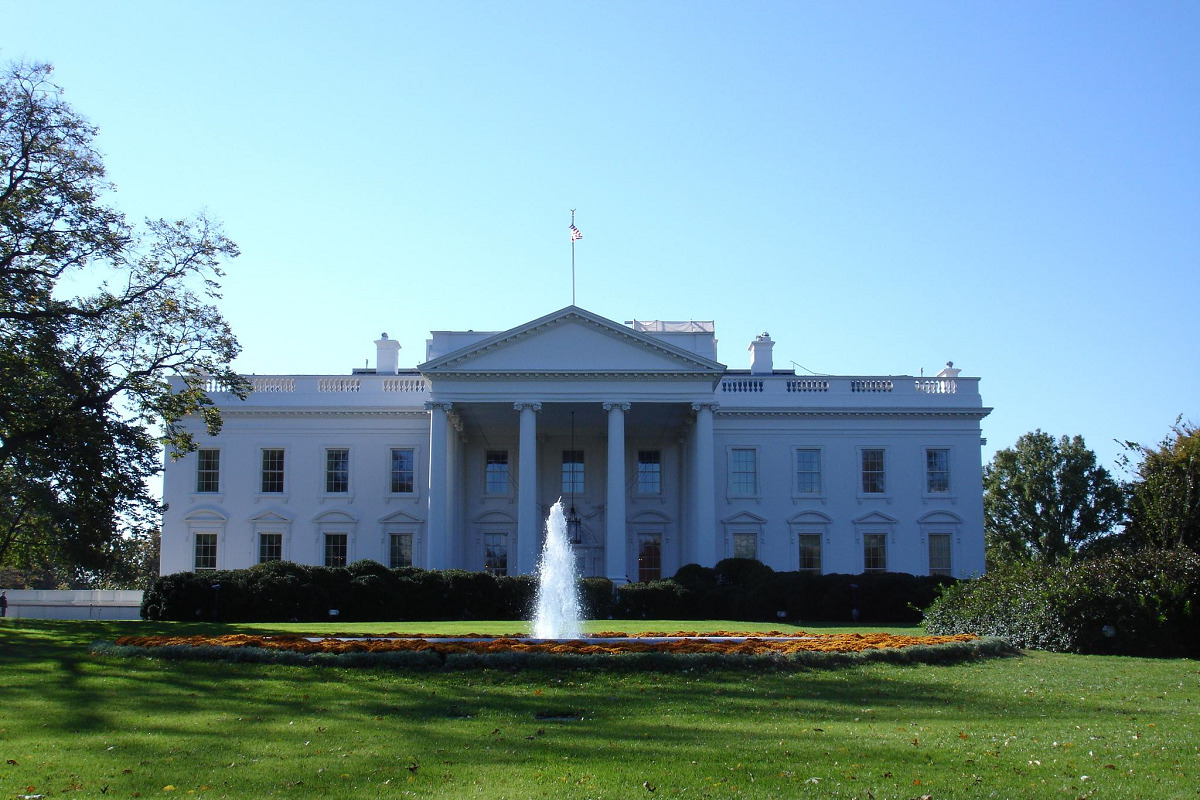According to data published by BanklessTimes.com on December 18, the U.S. government’s Bitcoin holdings have exceeded $8 billion and are expected to grow further in the coming years.
Governments have been confiscating Bitcoin from criminals and various entities for several years, and this trend is likely to continue until 2024. If the government maintains its current seizure rate, the estimated value will continue to rise, and by the end of 2024, the government’s estimated Bitcoin holdings could reach $10 billion.
How the U.S. Government Became a Big Player in the Bitcoin Space
The U.S. government has quietly been playing a significant role in the Bitcoin market, accumulating approximately 215,000 BTC through law enforcement seizures since 2020. Cryptocurrency company 21.co conducted meticulous data analysis tracking Bitcoin government wallet movements related to the three largest BTC seizures since 2020.
These include the Silk Road seizure of 69,369 BTC in November 2020, the Bitfinex Hack seizure in January 2022, and the James Zhong seizure of 51,326 BTC in March 2022. This scenario highlights the complex relationship developing between authorities and decentralized digital currencies.
The government’s Bitcoin holdings are primarily stored offline in encrypted hardware wallets managed by the Department of Justice and the Internal Revenue Service. Notably, the government executed two significant seizures in 2022.
Assets seized by the government do not immediately become government property. It is assumed that sheriffs tasked with selling confiscated property only take possession of confiscated bitcoins after a final forfeiture judgment has been issued.
The government periodically sells some of the seized Bitcoin through an auction system following court liquidation orders. A notable example dates back to 2014, when billionaire Tim Draper acquired 30,000 BTC through an auction.
However, in recent years, the government has decided to sell confiscated bitcoins through cryptocurrency exchanges instead of traditional public auctions. On March 9, a pivotal event unfolded that reshaped cryptocurrency portfolios. Approximately 49,000 Bitcoins involved in the legal seizure suffered a sudden and notable transfer. A complex series of transactions was completed with 9,860 BTC transferred to Coinbase accounts. The unexpected move sparked discussion within the cryptocurrency community.
The government’s transfer of Bitcoin has aroused strong curiosity. What motivated this important and strategic move? Observers are monitoring developments as they unfold, sparking broader conversations about the potential impacts.
Recent government actions in the cryptocurrency space have highlighted the evolving dynamics between traditional authorities and the burgeoning digital asset space. The maneuver has sparked speculation and deliberation within the wider financial community.
Will this trend continue?
The government’s Bitcoin holdings are poised to grow further due to the lack of clear cryptocurrency regulations that could allow authorities to expand their seizures of digital assets.
Active participation in Bitcoin operations prompts questions about the evolution of the regulatory environment for cryptocurrencies. Ongoing discussions on integrating digital assets within existing financial systems may gain momentum. Policymakers are grappling with the dual challenge of fostering innovation while protecting governments from associated risks.
Governments that hold the most Bitcoin
The Bulgarian and US governments are some of the top government holders of Bitcoin, holding 213,519 and 215,000 BTC respectively. Since both governments acquired Bitcoin through seizure operations, the exact numbers and status of their holdings have become ambiguous.
Additionally, the Chinese government is known to hold approximately 194,775 BTC, worth approximately $3.9 billion. The government seized the tokens in connection with the PlusToken scam, a notorious Ponzi scheme that siphoned off between $2 billion and $2.9 billion at the time.

